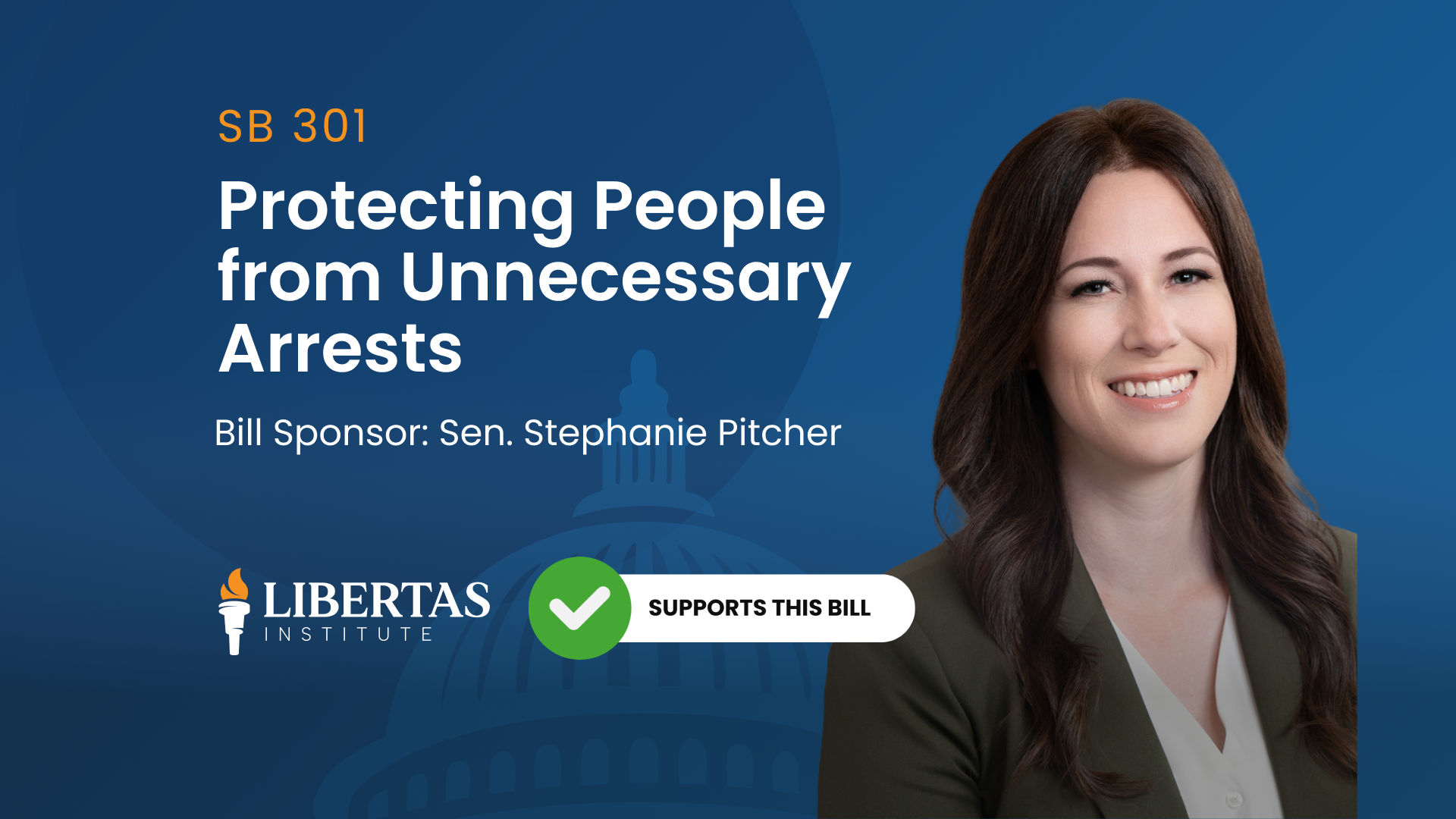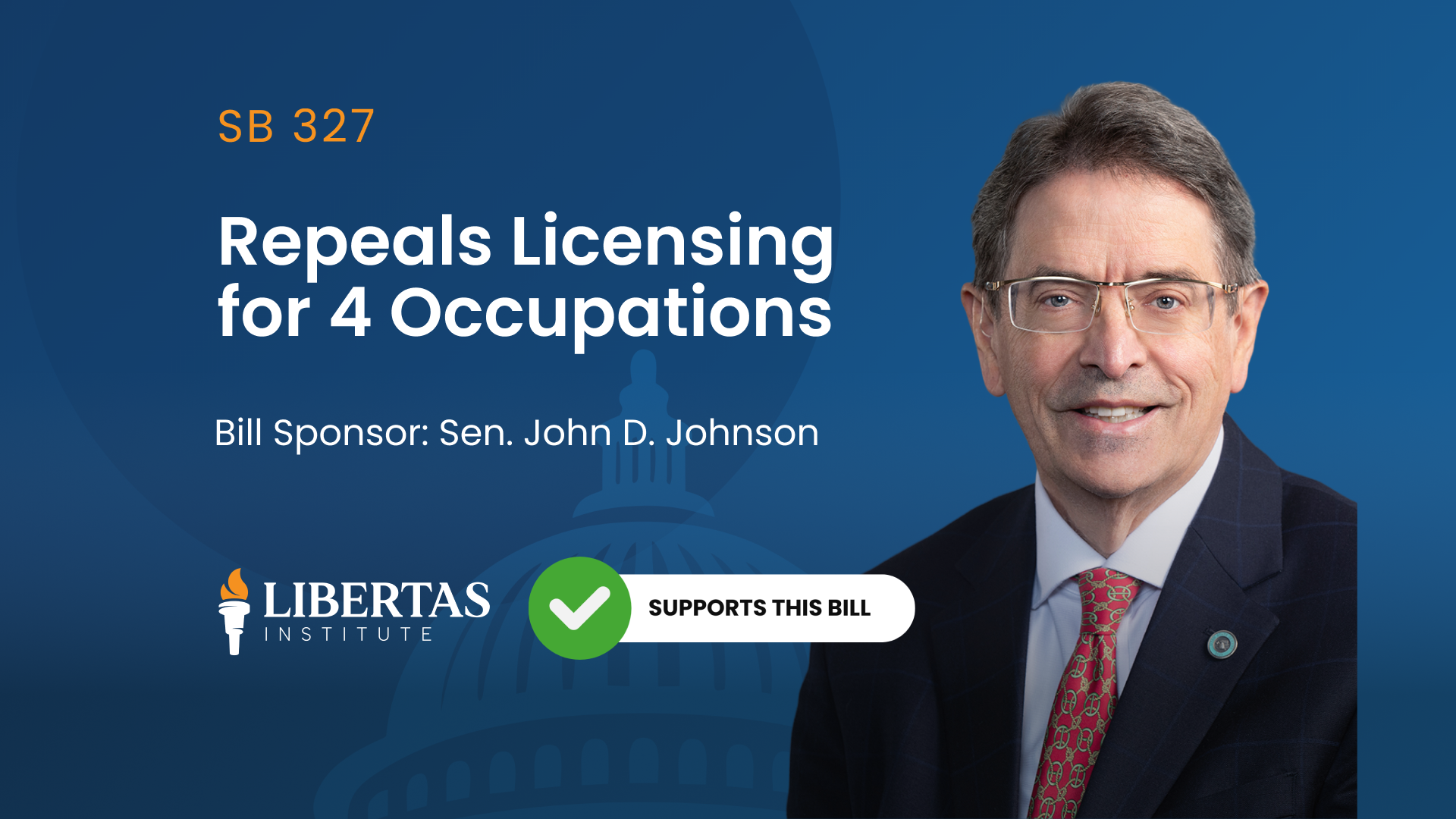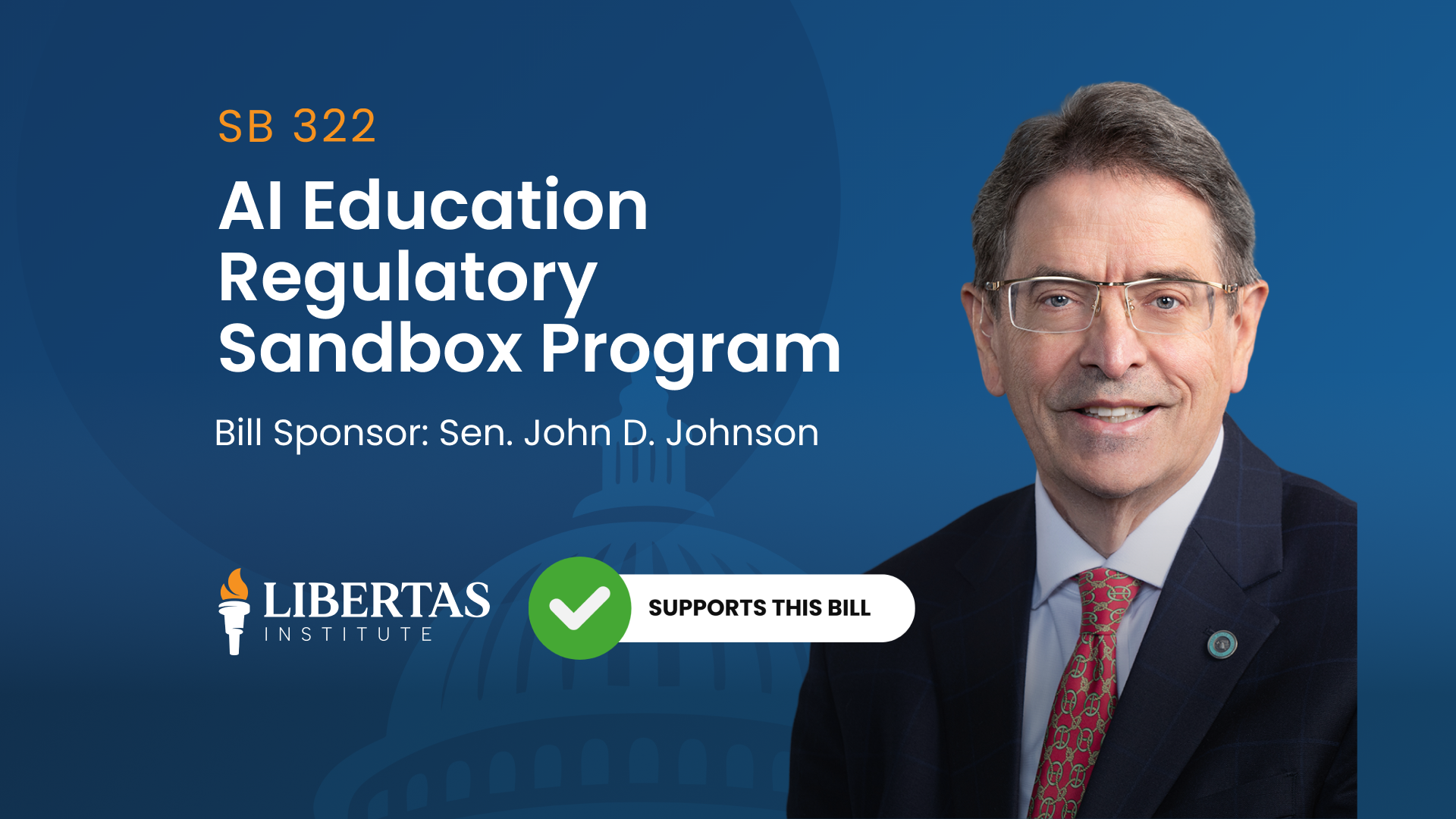This bill passed the Senate unanimously and failed in a House committee. Libertas Institute supports this bill
This past summer, the Utah Supreme Court unanimously decided in the Savely case that the state had improperly violated state law restricting how and when they can forfeit property.
This result was achieved amid ambiguity in the law, leading the Court to say that Utah’s forfeiture law is “not a model of clarity.”
Senator Todd Weiler is sponsoring Senate Bill 109 to add clarity and codify the Court’s correct interpretation of the law put in place by voters in Initiative B in 2000, and further augmented through subsequent legislative reforms we’ve worked on in recent years.
In addition, SB 109 would:
- allow prosecutors to forfeit property is there is no known claimant;
- prohibit an agency that violates forfeiture reporting requirements to receive a grant from the forfeiture fund during the following fiscal year;
- prohibit any requirement that law enforcement agencies conduct a forfeiture as a condition of receiving a grant from the forfeiture fund;
- require law enforcement agencies to transfer the 80% equitable sharing revenue they receive from federal forfeitures into the state forfeiture fund (where state forfeiture revenue is required to go); and
- require reporting of every forfeiture case, not just those resulting in revenue for the government.
According to a 2016 poll, 86% of Utah voters believe that “Police should not be able to seize and permanently take away property from people who have not been charged with a crime.” Civil asset forfeiture laws need to be routinely revisited and restrained to ensure innocent individuals are not deprived of their property and that the government is not improperly incentivized to engage in forfeiture.




